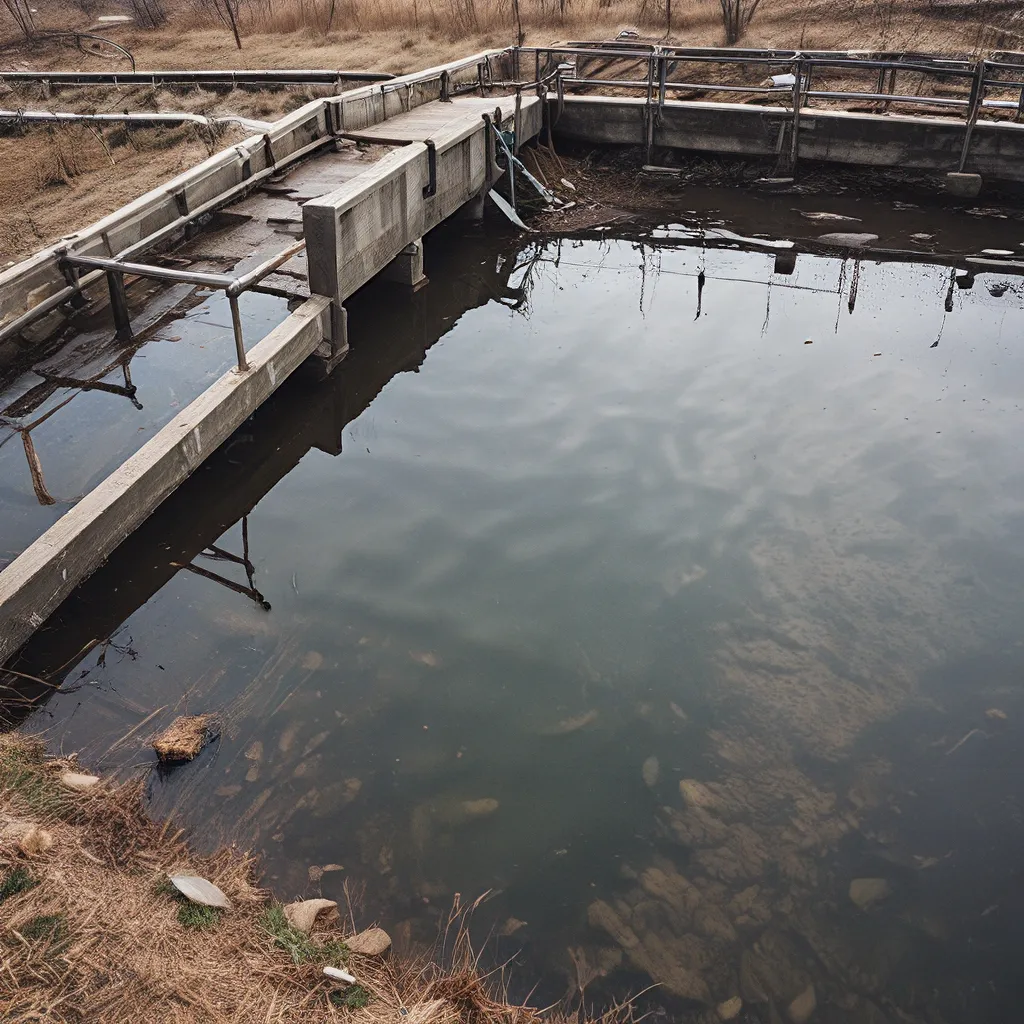
As an average person, I must admit that the concept of wastewater-based epidemiology sounds rather abstract and technical at first. But as I delve into this fascinating field, I find myself increasingly intrigued by its potential to revolutionize the way we approach public health monitoring.
The Hidden Treasure in Our Sewers
You know, it’s easy to take our waste management systems for granted. We flush, we forget, and we move on with our day. But what if I told you that the very water we so easily discard could hold the key to unlocking crucial insights about the health of our communities?
Wastewater-based epidemiology is the practice of analyzing the chemical and biological components present in wastewater to gain valuable epidemiological data. In simpler terms, it’s like reading the tea leaves of our sewers to understand the health trends and potential issues within a population. And let me tell you, the information it can provide is nothing short of remarkable.
Tracking Invisible Threats
Imagine a scenario where a novel virus starts spreading through a community. Traditional disease surveillance methods, such as testing individuals, can be slow, resource-intensive, and may not capture the full extent of the outbreak. Wastewater-based epidemiology, on the other hand, can detect the presence of the virus in the sewage system long before individual cases start to appear. This early warning system allows public health officials to take proactive measures, potentially preventing the outbreak from escalating.
But it doesn’t stop there. Wastewater-based epidemiology can also be used to track the prevalence of illicit drug use, monitor the spread of antimicrobial resistance, and even detect the presence of certain chemical contaminants in our water supply. The implications are far-reaching, and the potential for this approach to enhance our understanding of population health is truly exciting.
A Collaborative Effort
Of course, the success of wastewater-based epidemiology relies on a collaborative effort between various stakeholders. Researchers, public health authorities, and water utilities must work together to collect, analyze, and interpret the data. It’s a complex dance, but when executed well, the results can be transformative.
Imagine a scenario where a city’s wastewater system is regularly monitored for the presence of a certain virus. If the levels start to spike, the local health department can quickly investigate, identify potential hotspots, and implement targeted interventions to contain the spread. This kind of real-time, data-driven approach to public health can save lives and prevent unnecessary suffering.
The Future of Wastewater Surveillance
As exciting as the current applications of wastewater-based epidemiology are, I can’t help but wonder what the future holds. With ongoing research and technological advancements, the field is likely to expand and become even more refined in the years to come. Perhaps one day, our wastewater systems will serve as a comprehensive, early-warning network, alerting us to emerging health threats before they even have a chance to take hold.
And you know, as I think about the potential of this approach, I can’t help but wonder how it might benefit the services provided by Alpha Wastewater. Could their technicians and engineers play a crucial role in collecting and analyzing the data needed to support wastewater-based epidemiology? The possibilities are intriguing, and I can’t wait to see how this field continues to evolve.
Embracing the Unexpected
In the end, wastewater-based epidemiology is a testament to the fact that sometimes, the most valuable insights can be found in the most unexpected places. Who would have thought that the very water we discard could hold the key to safeguarding our health and well-being?
As I reflect on this concept, I’m reminded of the old adage, “One person’s trash is another’s treasure.” In the case of wastewater-based epidemiology, it seems that our collective waste might just be the treasure we’ve been searching for all along. And that, my friends, is a truly remarkable realization.